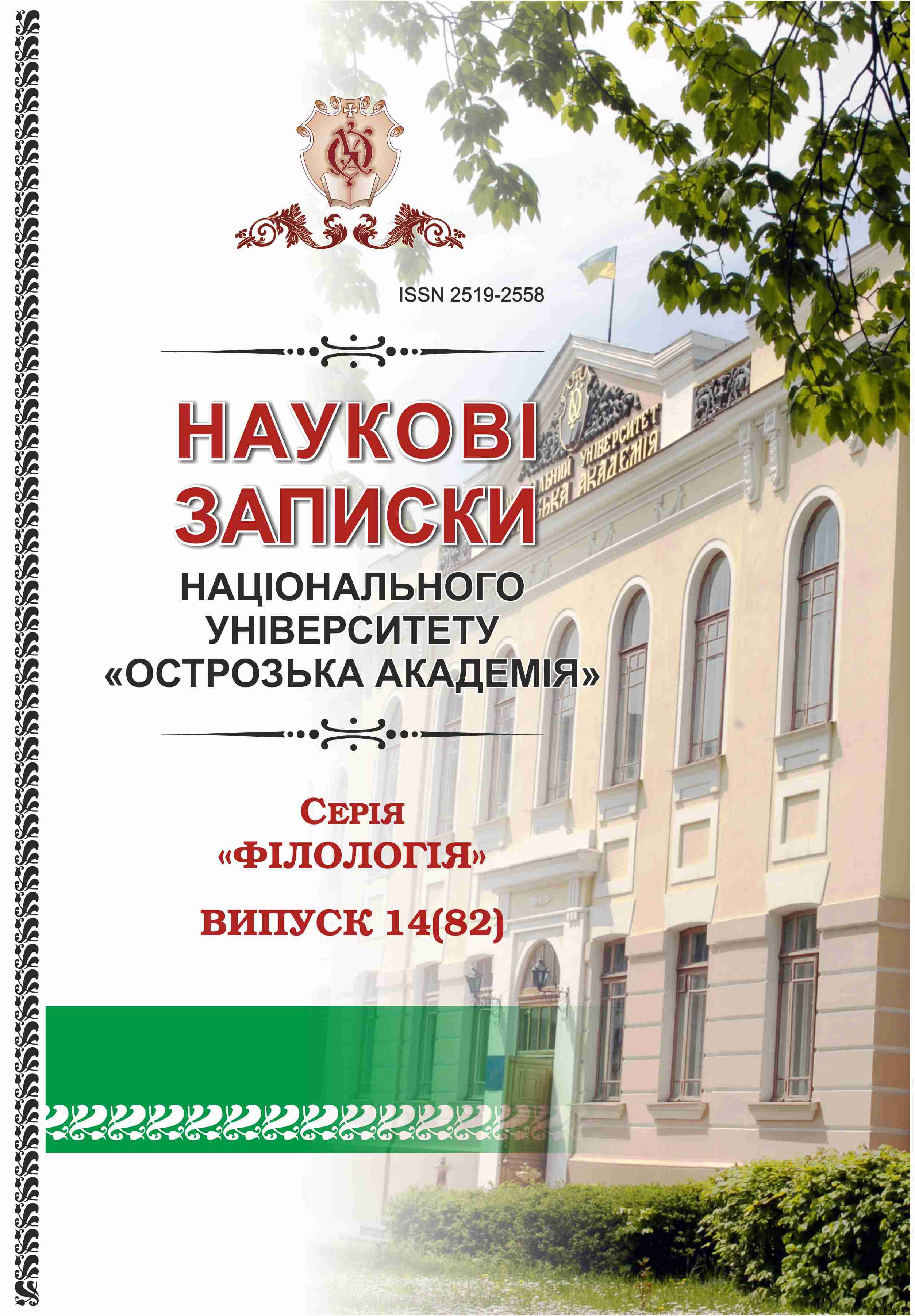THE NECESSITY OF FOSTERING EMOTIONAL INTELLIGENCE IN TEACHING A FOREIGN LANGUAGE TO UNIVERSITY STUDENTS IN THE CONTEXT OF ONLINE LEARNING
Keywords:
emotional intelligence, emotional quotient, emotional knowledge, online learning, fostering, foreign language learning, motivationAbstract
The article analyzes the online and offline education of students of the Faculty of Romance and Germanic Languages of the National University of Ostroh Academy during the Covid-19 pandemic and Russian military aggression against Ukraine through the prism of the development of emotional intelligence. The article provides an analysis of the influence of the emotional state, and feelings of the participants in the education process on the perception of the material, learning a foreign language and learning outcomes. The paper emphasizes that in the process of language learning, thinking and reproduction of the learned material are as important as the conditions of learning material that involve taking into account the feelings and emotions of students. In addition, the authors point out that since emotions and thinking are interdependent, teachers of foreign languages can get better results when they pay attention to the peculiarities of the development of students’ emotional intelligence during the formation of their reading, listening, and writing and speaking skills. The influence of the development of emotional intelligence on the process of learning a foreign language has become of particular importance in connection with the mass transfer to online education, which was caused by the Covide-19 quarantine back in 2020 and intensified with the start of the war of Russia against Ukraine. Moreover, online learning in institutions of higher education during this period has changed not only in terms of methods and approaches to teaching a foreign language but also prompted teachers to take the emotional state of students into account more seriously. Positive learning outcomes are often directly related to the general emotional states of students, which depends on factors such as recognition of their achievements, encouragement, motivation and engagement in learning. This article presents the results of a survey on motivation to learn and the general mood of students during online and offline learning. The survey was conducted among first-year and fourth-year students of the Faculty of Romance and Germanic Languages of the National University of Ostroh Academy. The survey showed that students are more motivated to learn when they learn offline. So, there is an urgent need to study the impact of students’ emotional intelligence on the process of teaching a foreign language.

